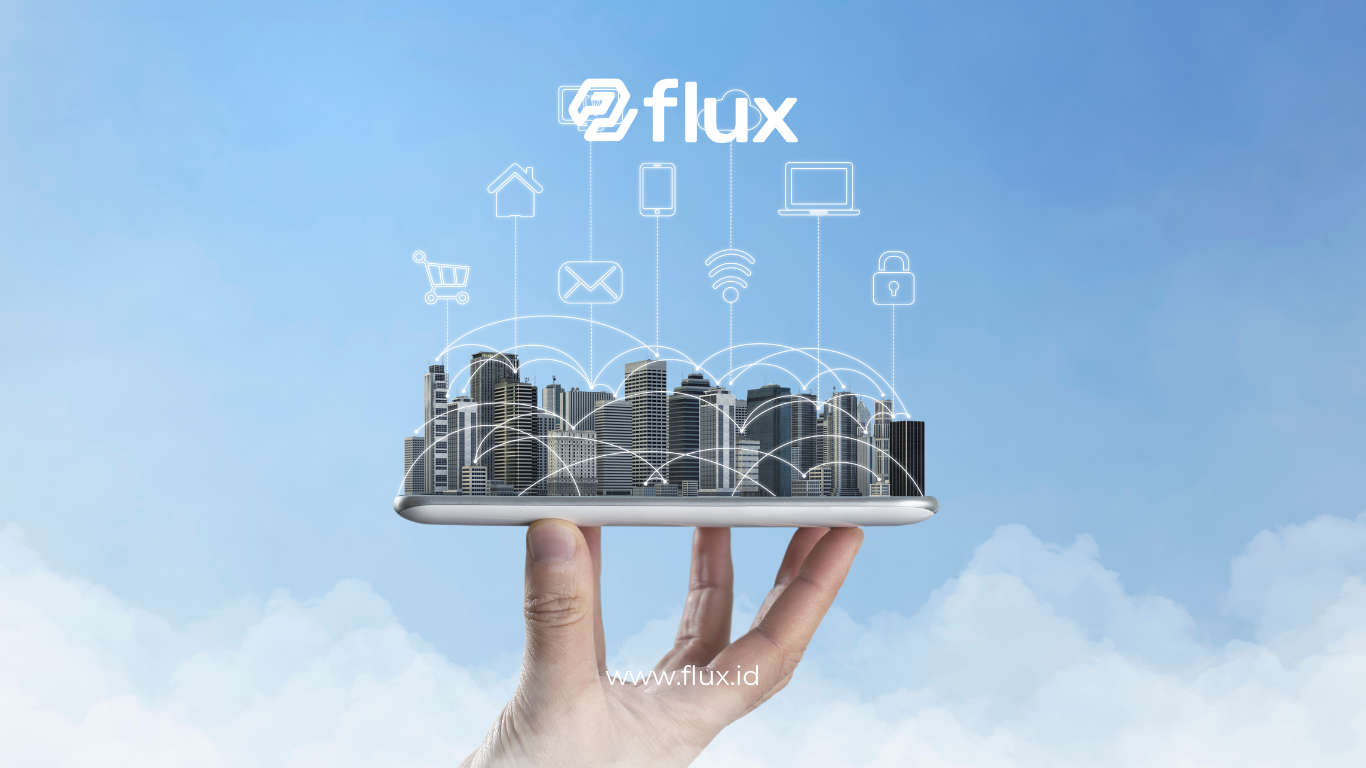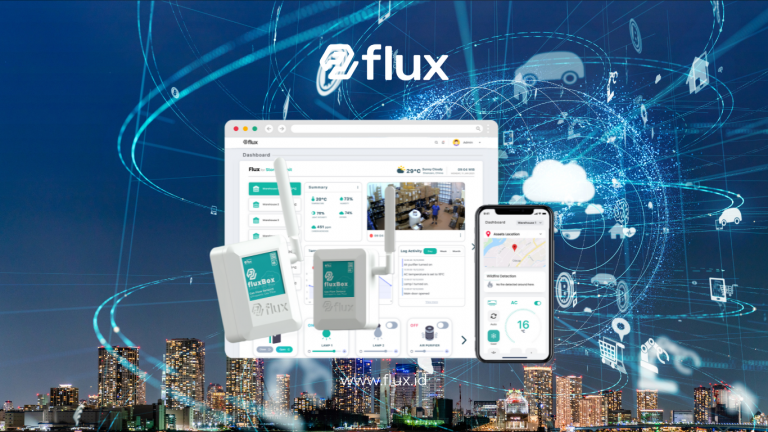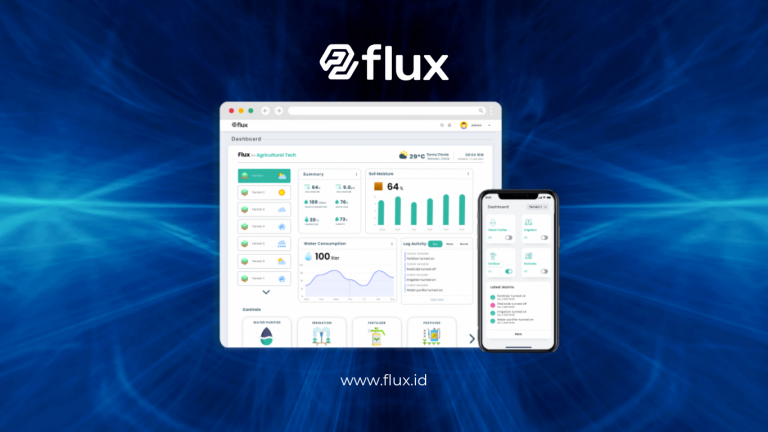Don't miss our holiday offer - 20% OFF!
Urban areas worldwide, including Indonesia, are rapidly evolving. Population growth, urbanization, and increasing infrastructure demands push cities to become more efficient and sustainable. The urban transformation through smart cities as an innovative solution to address modern challenges while improving citizens’ quality of life.
Contents
What is a Smart City?
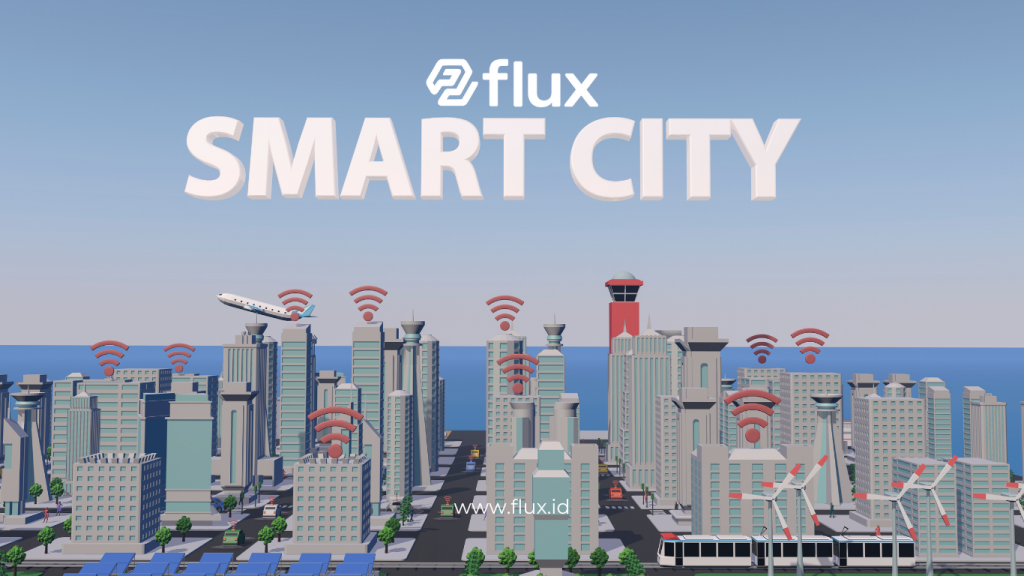
Read More: Smart City: Technological Solutions for Better Urban Living
A smart city is an urban management concept leveraging technology to enhance public services, optimize resources, and improve residents’ well-being. Key components of a smart city include:
- Information and Communication Technology (ICT): The backbone for data processing.
- Internet of Things (IoT): Connecting devices for real-time data exchange.
- Artificial Intelligence (AI): Analyzing data to support automated decision-making.
Benefits of Smart Cities
1. Enhanced Public Services Efficiency
- Real-time data accelerates services such as transportation, security, and waste management.
- Example: Smart transportation systems that reduce traffic congestion.
2. Better Resource Management
- Efficient energy use through smart lighting and smart grids.
- Optimized water use to minimize wastage.
3. Improved Quality of Life
- Citizens gain easy access to information and services via digital applications.
- Example: Apps for reporting urban issues like damaged roads or garbage.
4. Boosting the Digital Economy
- Creating opportunities for innovation and tech-based startups.
- Providing education and technology training to the public.
Challenges in Implementing Smart Cities in Indonesia
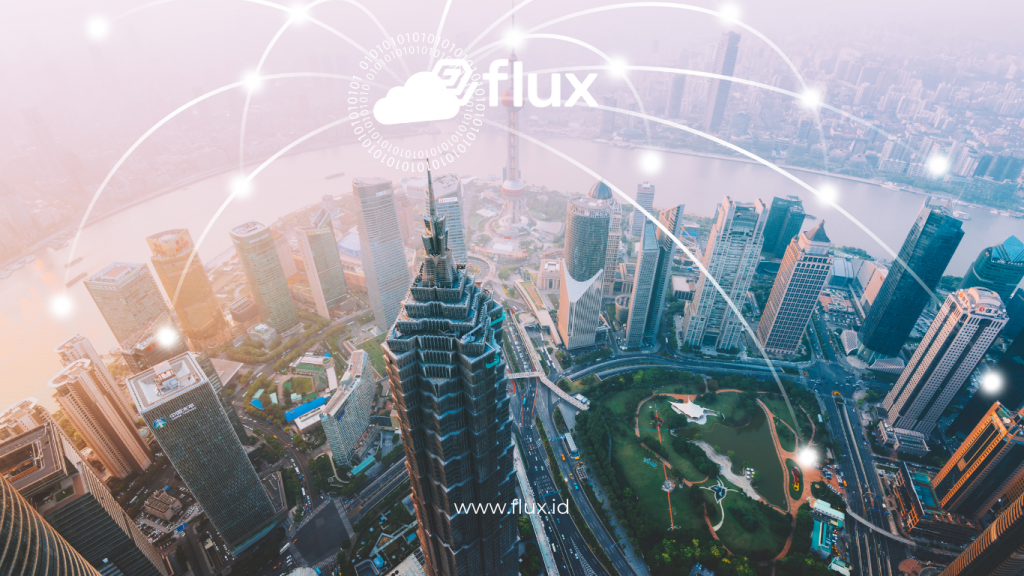
Read More: IoT Technology in Smart City Development: Realizing a Connected and Sustainable City
1. Uneven Technology Infrastructure
- Many regions in Indonesia lack access to stable internet and electricity.
- This hinders the development of technologies like IoT or 5G networks.
2. Funding and Investment Availability
- The high cost of smart city implementation requires significant investment from both government and private sectors.
- Effective public-private partnerships are crucial.
3. Regulatory Readiness
- The absence of specific regulations supporting data management and citizen privacy.
- Policies are needed to encourage innovation while protecting individual rights.
4. Social and Cultural Barriers
- Technological changes often face resistance from the community.
- Public education is essential to highlight the benefits and encourage active participation.
Smart City Implementation in Indonesia
Pioneering Smart Cities
- Jakarta: Smart transportation systems like JakLingko and AI-based traffic monitoring.
- Bandung: Bandung Command Center for urban data management.
- Surabaya: Surabaya Smart City focusing on waste management and security.
Strategies for Regional Implementation
- Adopting a needs-based approach tailored to local conditions.
- Developing basic infrastructure before introducing advanced technologies.
- Strengthening collaboration between central and regional governments.
Case Study: Bandung Smart City
Bandung has leveraged technology for various purposes:
- Lapor! Application: A platform for citizen-government communication.
- Integrated Data Center: Data analysis aids in creating effective policies.
- Digital Waste Management: Tracking daily waste volumes to reduce waste.
Bandung’s success serves as an inspiration for other cities to follow suit.
Steps Toward Urban Transformation in Indonesia
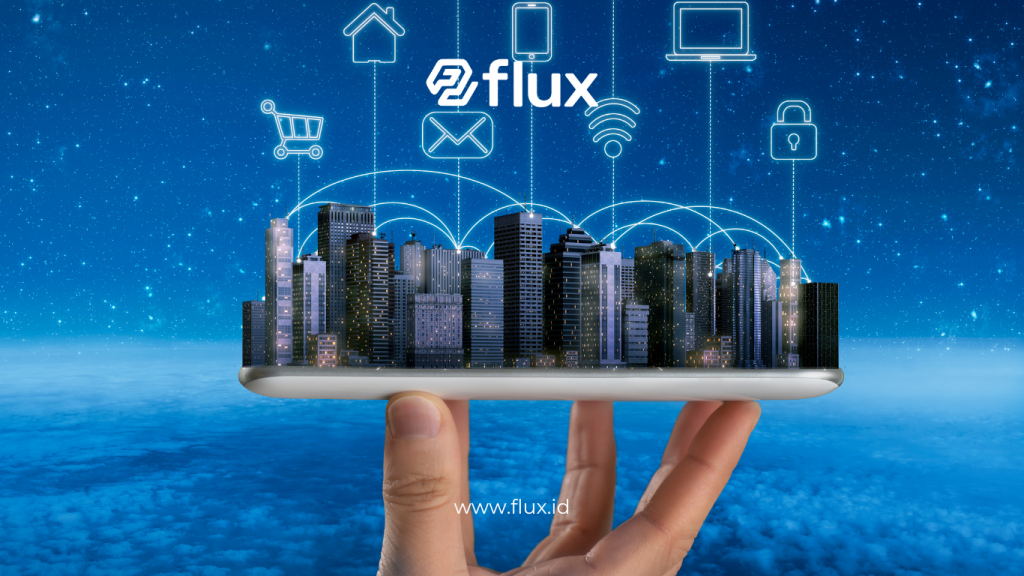
Read More: Smart City and the Future of Urban Areas: Optimizing Infrastructure with Smart Technology
1. Improving Digital Infrastructure
- Expanding internet access and enhancing network quality.
2. Encouraging Partnerships and Innovation
- Promoting collaborations with startups and tech companies.
3. Public Education and Participation
- Providing technology training for citizens.
- Increasing public awareness through digital campaigns.
4. Policy and Regulatory Support
- Regulations for data management and information security.
- Incentives for investors in the technology sector.
Conclusion
Urban transformation through smart cities presents a significant opportunity for Indonesia to enhance efficiency, sustainability, and citizens’ quality of life. Despite challenges such as uneven infrastructure and regulatory gaps, solutions can be achieved through collaboration, education, and infrastructure development. With a shared commitment, the vision of smart cities in Indonesia can become a reality for a brighter future.


